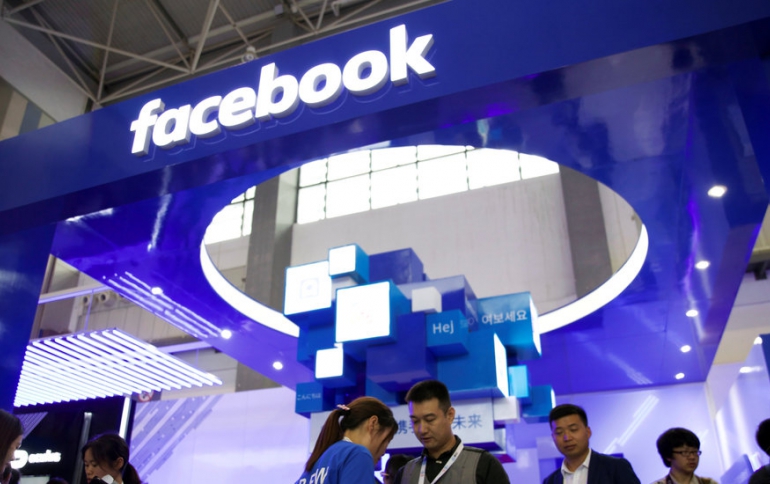
Mark Zuckerberg Apologizes to EU, But Made us not any wiser
Facebook founder Mark Zuckerberg left European Union lawmakers fuming over unanswered questions at the end of a hearing that began with an apology for the company's recent privacy woes.
Zuckerberg agreed to meet leaders of the European Parliament to answer questions about how political consultancy Cambridge Analytica improperly got hold of the personal data of 87 million Facebook users, including up to 2.7 million in the EU.
Zuckerberg said it had "become clear over the last couple of years that we haven't done enough to prevent the tools we've built from being used for harm as well."
"Whether it's' fake news, foreign interference in elections or developers misusing people's information, we didn't take a broad enough view of our responsibilities. That was a mistake, and I'm sorry."
Much of Zuckerberg's replies were similar to what we've heard before, and did not address the specific concerns of EU lawmakers. But at a session where lawmakers got to ask all their questions in one go at the start, he annoyed them by batting many of them away -- including on whether people can opt out of advertising and also on whether the U.S. giant is a monopoly that needs to be broken up.
Manfred Weber, the leader of the center-right EPP group, and Guy Verhofstadt, a Liberal former Belgian prime minister, raised a potentially chilling point for Zuckerberg -- should it be split up?
"Is it time to break Facebook's monopoly because there's already too much power in one company's hands?" Weber asked. "Can you convince me not to?"
"We exist in a very competitive space," Zuckerberg said. "The average person uses about eight different tools for communication -- it feels like there are new competitors coming up every day."
As for fake news and hate speech, Zuckerberg again reiterated previous statements that the company is hiring tens and thousands of moderators and engineers to help combat the problem, and that it's also working on developing more robust AI systems that'll flag these accounts and bad content ahead of time. "Our goal is to get AI to proactively review more of the content as it's coming into the system," said Zuckerberg.
One EU member also asked questions about so-called "shadow profiles," where Facebook collects data from users who don't use Facebook, but who might visit websites that uses Facebook's ads and analytics tools. What does Facebook do with this data, he asked, and he asked if non-Facebook users would be able to see this data that Facebook has collected. "Is the only way of Facebook collecting my data to stop using the internet altogether," asked Syed Kamall from the European Conservatives and Reformists Group.
Zuckerberg tried to avoid this question, but he soon admitted to these shadow profiles by saying that it was to prevent abuse. "On the security side, we think it's important to keep it to protect people in our community," he said. But, again, he did not respond to any follow-up questions and concerns.
Last month Zuckerberg gave an apology for his company's recent mistakes during two grueling days of U.S. congressional hearings.





















